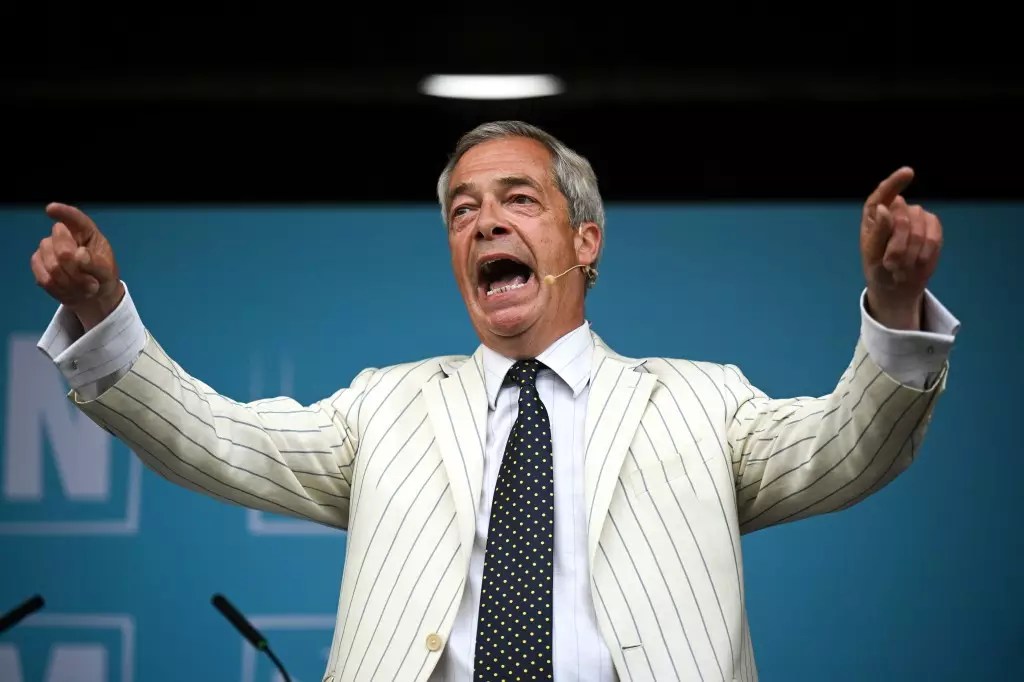Nigel Farage, the leader of Reform UK, has recently found himself embroiled in controversies surrounding his interactions with national broadcasters. After a bad-tempered weekend on the campaign trail, Farage launched attacks against the BBC and Channel 4 for their coverage of his party. Farage accused the BBC of bias, particularly during the Question Time leaders’ special, where he claimed the audience was critical and unfair towards him. He went as far as boycotting BBC appearances until they apologize for their alleged misconduct. However, the BBC refuted Farage’s claims, stating that the Question Time audience was diverse and represented a range of political views. This clash with national broadcasters has raised questions about the media’s role in shaping public perception of political figures.
In addition to his dispute with the BBC, Farage also had a major fallout with Channel 4 following a controversial investigation by the news network. Channel 4 aired a report featuring an individual, Andrew Parker, who purportedly made offensive and inflammatory remarks while posing as a Reform campaigner. The report incited backlash against Farage and his party, leading to calls for investigations into the authenticity of the allegations. Essex Police announced that they are assessing the comments made in the program to determine if any criminal offenses were committed. Farage and Reform UK have vehemently denied the allegations, claiming that Channel 4 orchestrated a smear campaign against them. The ongoing dispute raises concerns about the media’s responsibility to verify sources and maintain impartiality in their reporting.
As the UK gears up for the upcoming election, the controversies involving Nigel Farage and Reform UK have significant implications for the political landscape. Farage’s confrontations with national broadcasters and the fallout with Channel 4 have cast a shadow over his campaign and raised doubts about the credibility of his party. The allegations of biased reporting and election interference have brought the integrity of the media into question, prompting calls for greater transparency and accountability. With Labour maintaining a strong lead in the polls, Farage’s campaign faces an uphill battle in winning over voters amidst the swirling controversies. The outcome of the election remains uncertain, but the controversies surrounding Farage’s campaign have underscored the need for ethical conduct in political journalism.
Nigel Farage’s recent campaign controversies have highlighted the challenges and complexities of modern political communication. The clash with national broadcasters and the fallout with Channel 4 have exposed the vulnerabilities and risks inherent in media coverage of political figures. As the election approaches, Farage and Reform UK must navigate these challenges with integrity and resilience to regain public trust and credibility. The controversies serve as a cautionary tale for politicians and media professionals alike, emphasizing the importance of ethical practices and accountability in shaping public discourse.


Leave a Reply